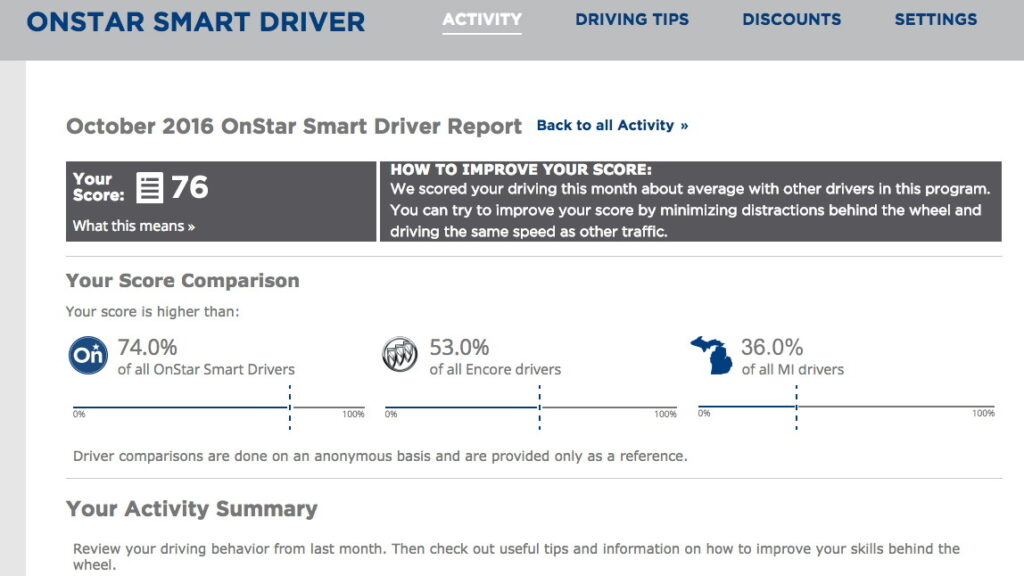In the wake of a lawsuit and a bombshell investigation by The New York Times, revealing the unsettling practice of numerous automakers sharing customers’ driving data with the insurance industry, thus resulting in increased premiums for certain drivers, General Motors has announced that it is terminating its relationship with data brokers LexisNexis and Verisk.
The class-action lawsuit was filed on March 13 by Romeo Chicco of Florida against GM, OnStar, and LexisNexis. According to Freep, Chicco alleges that the data GM provided about his driving habits through his Cadillac, which included details about his speeding, braking, and acceleration, was shared with LexisNexis, who then passed it on to insurers, resulting in a significant increase in his premiums.
In response, the automaker says that customer trust is a priority and it’s reviewing its policies.
More: Automakers Can Keep Collecting Your Data From Your Car After Privacy Lawsuit Dismissal
In a statement, GM Spokesperson Kevin Kelly told The Detroit Free Press: “As of March 20th, OnStar Smart Driver customer data is no longer being shared with LexisNexis or Verisk. Customer trust is a priority for us, and we are actively evaluating our privacy processes and policies.” The decision to prioritize customer trust and privacy in this way might be a bit too late.
On March 11th, the New York Times published a story about a man who said he felt betrayed by GM. The manufacturer had sent data about his driving to data broker LexisNexis who in turn created a risk report. That risk report became a premium-increasing factor when the man, Kenn Dahl, went insurance shopping.

According to the NYT, Chico alleges that GM and OnStar violated privacy and consumer protection laws. The result of the communication of his data evidently led seven different insurance companies to reject him. When he finally found a company that would cover his Cadillac, it would only do so at a rate nearly double what he’d been paying.
Freep reports that this could be only the first of many lawsuits over this type of data handling. “There will be cases coming down the pike. This is a serious breach by the car companies. It’s a breach of confidentiality and there are financial consequences,” says David Vladeck, former director of the Federal Trade Commission’s Bureau of Consumer Protection.
As Carscoops noted when we first reported on this story, GM isn’t the only automaker selling (or who sold) data. Honda, Acura, Kia, Hyundai, and Mitsubishi also do it though to varying degrees and with varying privacy standards in place. It would seem that in most instances, drivers don’t know that their data is getting collected. On top of that, they almost certainly are not aware of how it’s being used.





